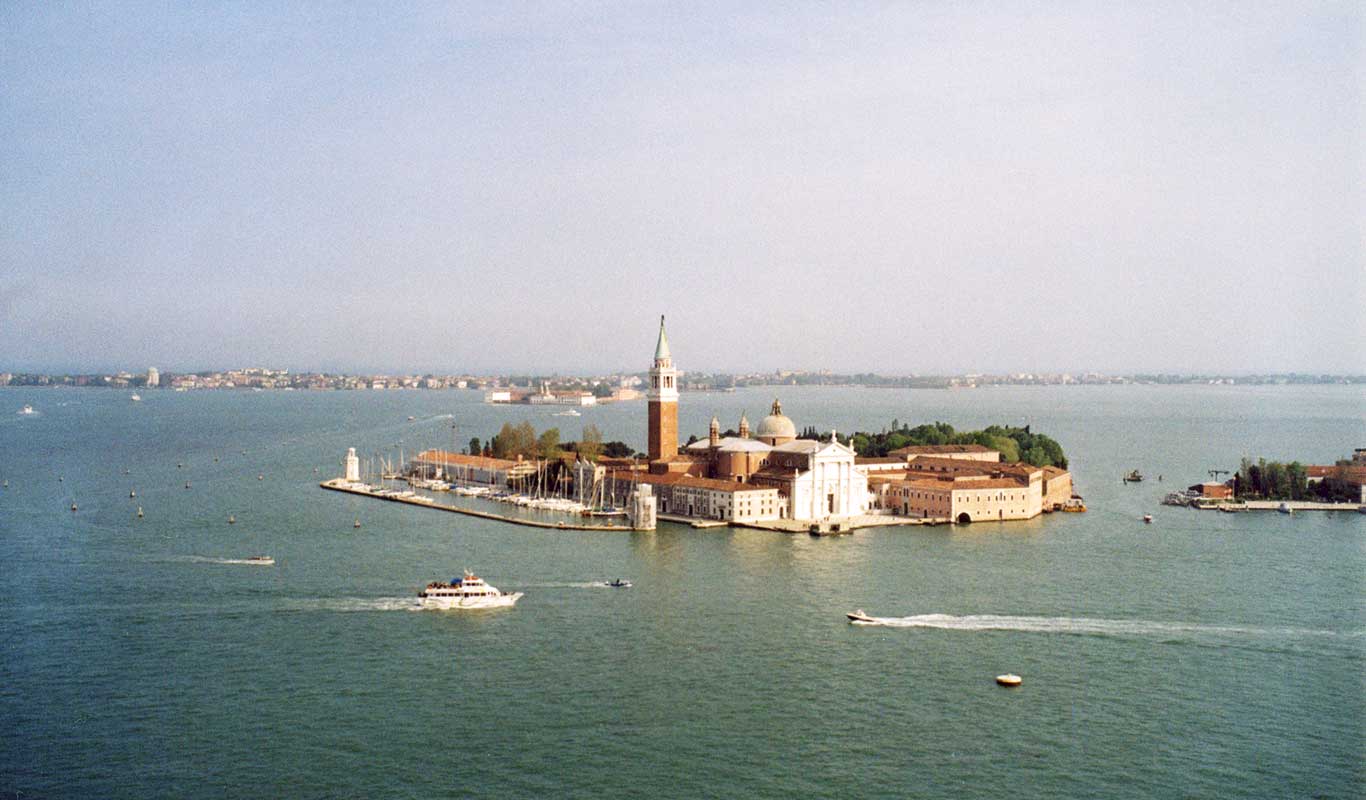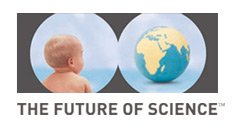Angelo Scola

Date and place of birth: Malgrate, Lecco, Italy, November 1941.
Ordained priest: 1970
Obtained Doctorate in Philosophy from the Catholic University of Milan.
Obtained Doctorate in Theology from Fribourg Switzerland
Since 1982 has taught Theological Anthropology at the Giovanni Paolo II Pontifical Institute for Studies on Marriage and the Family, at the Pontifical Lateran University
From 1986 to 1991 was consultant to the Pontifical Council for Health Workers, Congregation for the Clergy. (appointed by the VII Assembly of the Synod of Bishops)
Since 1996 has been consultant for the Pontifical Council for the Family.
Nominated Bishop of Grosseto 20 July 1991, Ordained Bishop 21 September 1991.
Episcopal motto “Your is sufficient” (see 2 Cor 12, 9).
Took up duties in Grosseto on 14 September 1995.
On 24 July 1995 appointed Rector of the Pontifical Lateran University, Rome, by his Holiness the Pope
On 29 September 1995 appointed President of the Giovanni Paolo II Pontifical Institute for Studies on Marriage and the Family, by his Holiness the Pope.
Since June 1995 has been member of the Episcopal Commission for Catholic Education Culture, Schools and Universities of the Italian Episcopal Conference.
Since January 1996 has been President of the Committee for the Institutes of Religious Science, being concerned with lay theological education in Italy.
From 1996 to 2001 was member of the Pontifical Council for Health Workers. Has written on health questions, for example: Se vuoi, puoi guarirmi; La salute tra speranza e utopia; La buona salute. In 1996 was nominated consultant to the Pontifical Council for the Family.
The second appointment in Rome provided the opportunity to write on theological anthropology: Questions
Theological Anthropology. 2nd amplified edition and the Human personality; Manual of Theological Anthropology − two-volume monograph on sexuality, marriage and the family (These books have been translated into various languages).,
Monsignor Scola has also published about 120 articles in theological and philosophical journals. He was nominated Patriarch of Venice by his Holiness the Pope on January 5, 2002.
He was elected of the Bishops’ Conference of the Triveneta region on April 9, 2002.
He was created Cardinal-Priest of the Holy Roman Church, September 28, 2003 and confirmed in this position at the public Concistoro of October 21, 2003.
After being elevated to the cardinalate (2003) he was re-confirmed as member of the President’s Committee of the Pontifical Council for the Family and as member of the Congregation to the Clergy.
He was nominated member of the President’s Committee of the Pontifical Council for Lay Persons on October 14, 2004.
He was designated member of the Congregation for the Divine Cult and Discipline of the Sacraments on January 19, 2005.
He was nominated member of the Prefecture for Economic Affairs of the Holy See on March 6, 2005. He was
nominated, by his Holiness the Pope (March 18, 2005) General Chairman of the XI General Assembly of the Synod of Bishops (October 2005), assembly theme: The Eucharist: Source And Culmination of the Life and Mission of the Church.
Recent writings include: Gesù destino dell’uomo; Uomo0donna: il "caso serio" dell’amore (Capri Prize 2003); La vicinanza del mistero; L’esperienza elementare; La vena profonda del magistero di Giovanni Paolo II; Liberi davvero; Il volto missionario della parrocchia; Un pensiero sorgivo; La gioia e la fretta; Contro la noia; Morte e libertà; Eucaristia: incontro di libertà; and Chi è la Chiesa? Una chiave antropologica e sacramentale per l’ecclesiologia.
Ethical Perspectives





